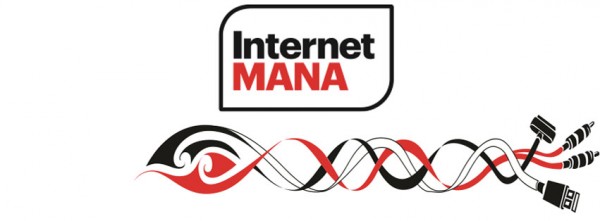When my dad came to N.Z in the mid-50s as a young man, he got here only through the support of his aiga (family) and nu’’u (village) who had struggled for years to save and invest their scarce resources to pay for his air fare and startup money to get here. Within weeks with the help of his cousin, my dad had secured a job in a printing firm as a labourer. Within several years after meeting my Irish mum, they were able to bring his younger brothers over who stayed with them until they could set their own places up. These brothers through there remittance payments to the aiga built two New Zealand style houses in their village. They were also instrumental with other Samoan migrants, in building two churches, my dad’s in Mangere and his brother in Otara. While achieving these feats they were raising their families and sending their children to the local schools in Mangere and Otara. Their desire was for their children to be well educated in the Palagi (European) world so that they could get good jobs and not have to work in factories like they did. Unfortunately for us children, our dads believed that learning the Samoan language would impede the English learning, as they had struggled in achieving themselves. Back then our parents had no other choices, there were no bilingual language and literacy development schools.
This is not the case now and the successful learning institution of the Tangata Whenua Bilingual Kohanga Reo, Kura Kaupapa, and Wananga have proven success and is definitely a concept that Pasifika parents should be pushing for. Students who have a fluent command of their language and culture are achieving higher and more consistently than mainstream schools. Mainstream schools for many Pasifika students is not working with a high percentage of school leavers not having any or limited qualifications.
A review of a completed research called ‘Children’s Bilingual Language and Literacy Development in a Samoan-English Bilingual Unit’ (McCaffery and Tuafuti, P., 2003) followed a substantial longitudinal research on the clear benefits of bilingualism and biliteracy for many language minority learners. This case study describes and analyses the development, operation, and student outcomes from a 10-year project to establish the first full dual medium, dual literacy, and Samoan- English bilingual unity in New Zealand. This project called ‘O le Taiala’ (the world of the navigator) is based in a school in South Auckland called Finlayson Park. O le Taiala provides for students from years 1 to 8. This project is theoretically, historically, pedagogically and educationally significant as it was the first New Zealand school to adopt biliteracy as a major goal, using both Samoan and English as mediums of instruction for the full 8 years of the programme. The paper utilizes the critical empowerment position, the authors attribute the children’s success to the application of empowerment factors from Cummins (1996, 2000) model at all three levels of the micro, (child, family, classroom, teacher) meso (syndicate/unit, school) and macro (education system and wider society outside education.)
McCaffery & Tuafuti through their findings believe that using the first language of children for academic learning, within a strong empowerment base, is the quickest and most efficient way to learn conceptual and academic knowledge. Well organized, theoretical and community based Bilingual Education is now recognized as the most effective empowerment approach in minority education. As a parent of three children who went through the local Kohanga Reo, and Kura Kaupapa schools that are bilingual I can definitely attest to the success of this model with the successful achievement of my children. One of my proudest moments was witnessing my youngest son Poutoa, win the Manu Korero speech contest in the Auckland region, and I look forward to him representing his school in the Nationals in September in Hastings.
James Papali’i: Raised in Mangere South Auckland, Auckland University 1984 BA and Massey University Post grad Diploma Social Policy 2002. Currently Social Worker for Manukau Urban Maori Authority working in Mangere and South Auckland. Founder of Manukau Outriggers Waka Ama 1988 and Portage Crossing Waka Ama club based at Mangere Bridge. Manukau City Councillor rep Mangere Ward….1998-2006 Current Internet MANA Party candidate.






